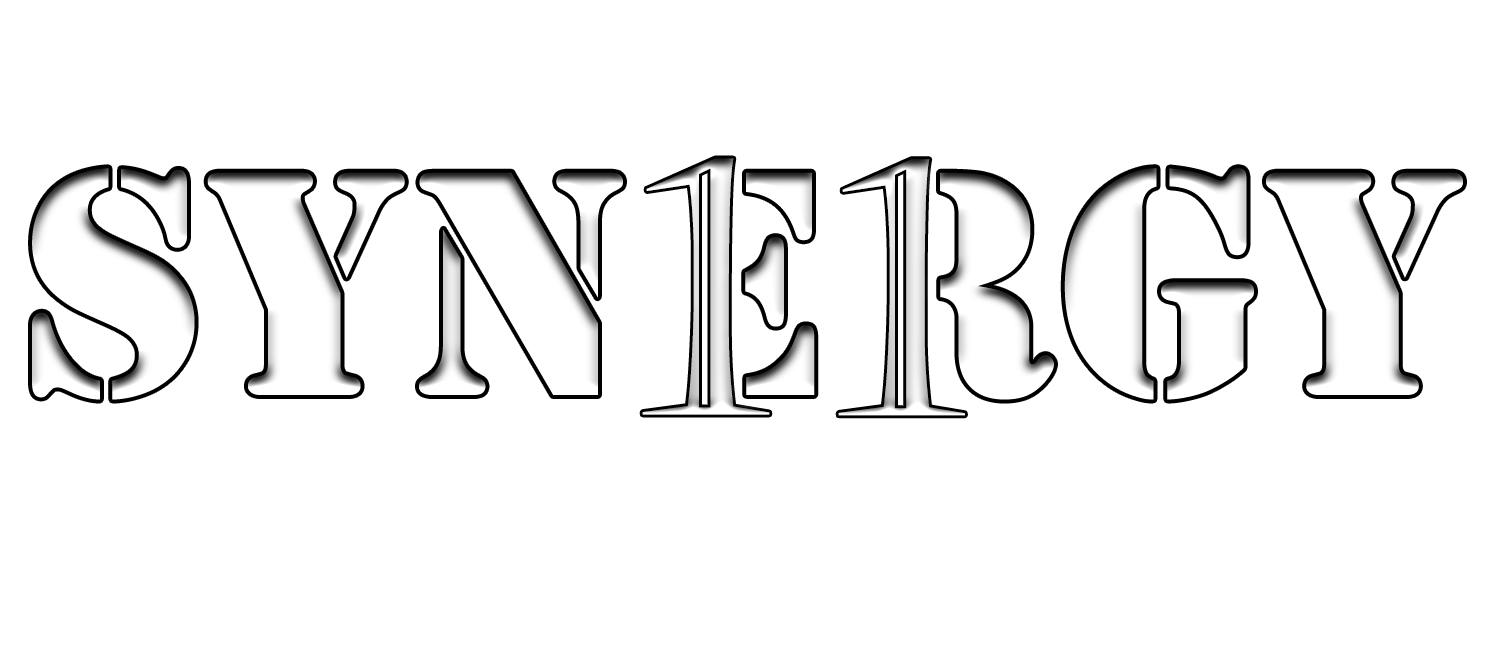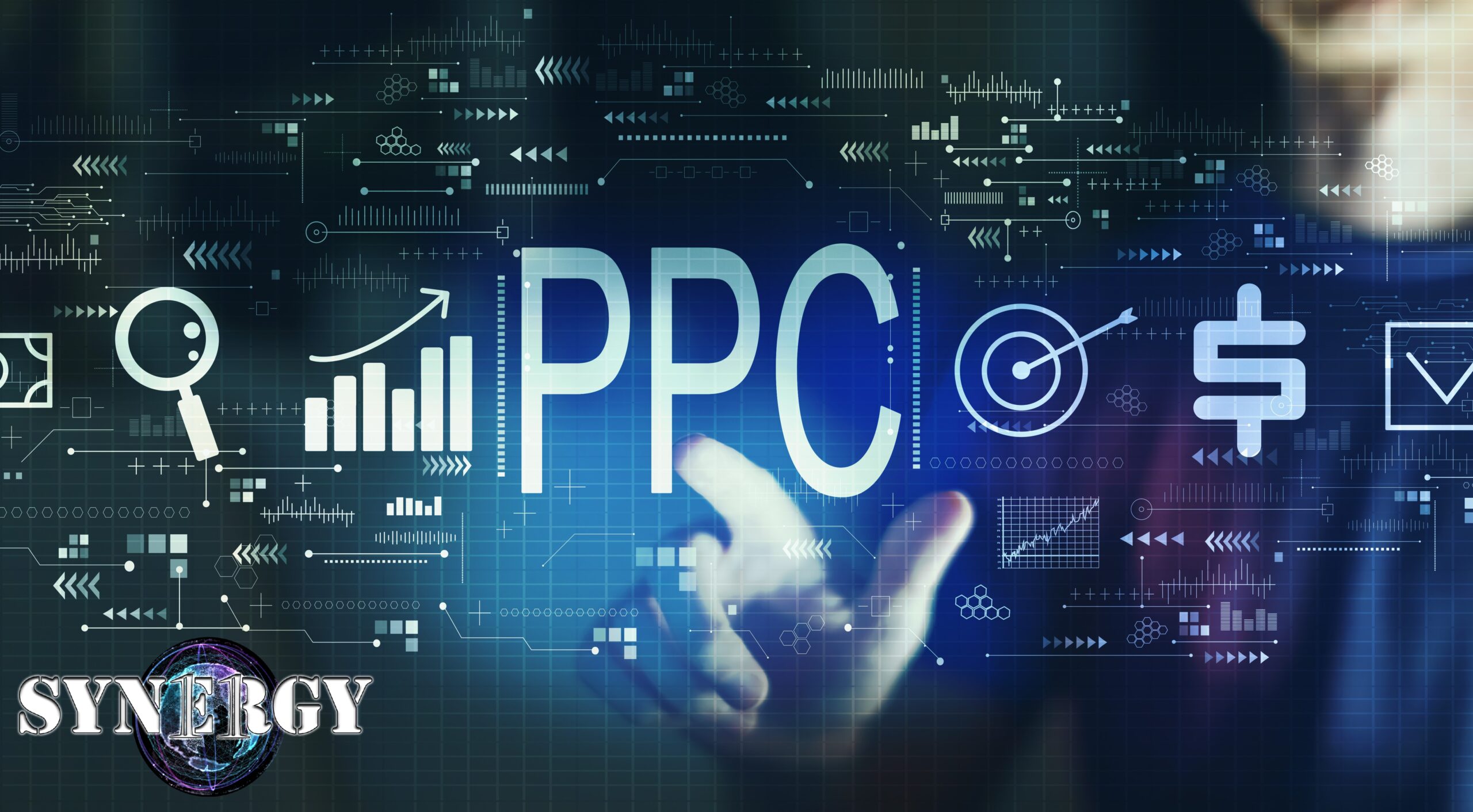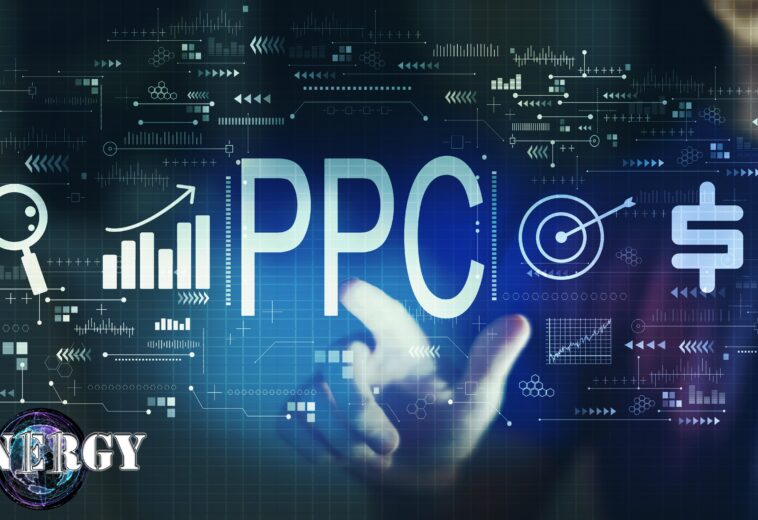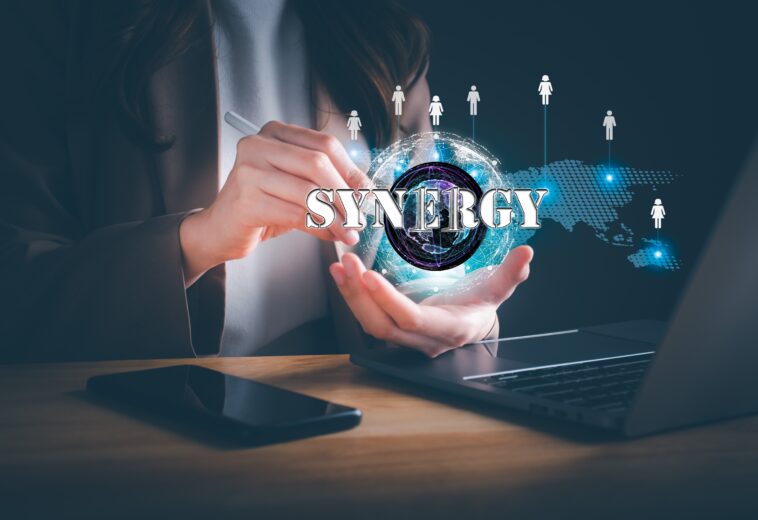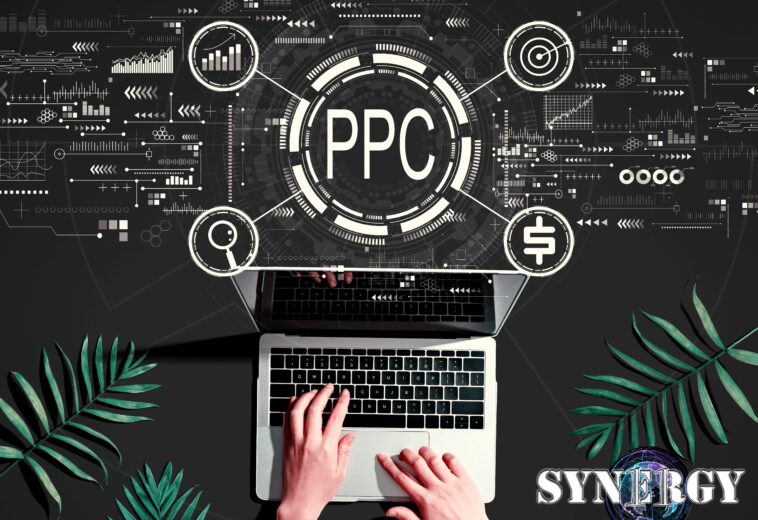In the past year alone, we’ve seen significant advancements in automation and artificial intelligence (AI) that have revolutionized the way we manage Pay-Per-Click (PPC) campaigns. In this blog post, we’ll explore three key trends that could redefine PPC campaign management in the near future.
Transition to Broad Match Types
Major platforms like Google and Microsoft are nudging advertisers towards broad match types. Over the past few years, we’ve seen the functionality of phrase and exact match types evolve, shifting away from strict search query control towards a broader range of query matches. This shift is largely due to the advancements in automated bidding and the integration of features like “Search + Performance Max.”
In the coming months, we anticipate further consolidation of match types, with phrase match potentially being the next to be phased out. However, exact match may continue to exist, allowing advertisers to maintain control over high-value keywords. As we move towards a broad-match-focused world, it’s essential for businesses to adapt their PPC strategies accordingly.
Integration of Blended Campaigns
Performance Max, launched in 2021, has been a game-changer in the PPC industry. Despite initial hesitations due to its black box structure and limited data insights, Google has been committed to improving its capabilities. The introduction of data-driven attribution (DDA) has been a key development in this regard. DDA uses machine learning to analyze historical data and determine the impact of each ad interaction on conversions.
This shift towards data-driven measurement is leading to the consolidation of channels across the Google ecosystem. The future of PPC campaigns may see the integration of video views for brand awareness, demand generation for mid-funnel consideration, and Performance Max for bottom-funnel performance. This consolidation will streamline the advertising process and enhance the effectiveness of PPC campaigns.
Automated Application of Optimization Recommendations
The final trend to watch out for is the increased automation in the application of optimization recommendations. Google Ads’ Optimization Score (OptiScore) feature currently provides auto-generated optimization suggestions, which advertisers can choose to apply or dismiss. However, with the launch of auto-apply recommendations (AAR), these suggestions can now be automatically applied to accounts.
While some advertisers may be hesitant to relinquish control to automation, it’s clear that Google is investing heavily in this feature. As automation continues to evolve, we may see certain elements of AAR become mandatory, further transforming the dynamics of PPC campaign management.
In conclusion, the future of PPC campaign management is set to be shaped by the ongoing integration of automation and AI technologies. As a leading digital marketing agency, we’re committed to helping our clients navigate these changes and leverage the latest advancements to drive their business growth. Stay tuned to our blog for more insights into the ever-evolving world of digital marketing.
